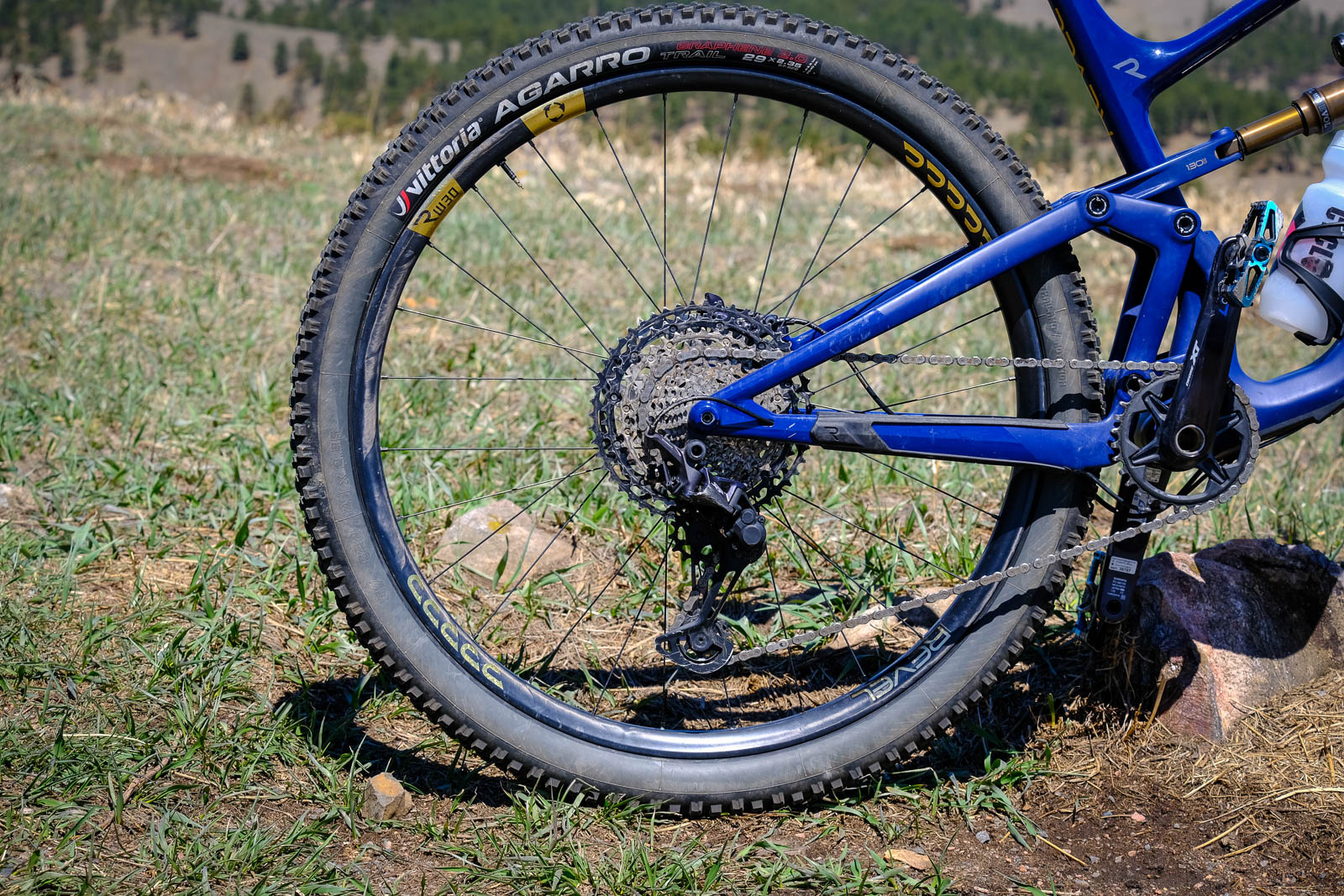Revel’s RW30 wheels have a lot of nifty selling points. They are, according to Revel, 100% recyclable, and they’re made right here in the United States. “There’s no environmentally harmful or brittle epoxy in this carbon,” says the Revel website. Instead, the production process uses “a toughened, high performance composite polymer that makes for a significantly more durable, lighter, and better riding wheel with a nice damped feel.”
Big promises there. My major concern when buying wheels for the longest time has been whether or not they will break because, hey, wheels are expensive — these RW30 wheels range in price from $700 for the rims to $2,200 for the top end build.
Of course, if I’m going to plunk down a lot of cash for a nice set of carbon hoops, it’s important to be more discerning. I’ve been riding the Revel RW30 wheels for the better part of a year now. And I can tell you with certainty that I like them a lot and they deliver on many of their promises. Revel has a good product here. Though I do have a few nitpicks.
Revel RW30 construction
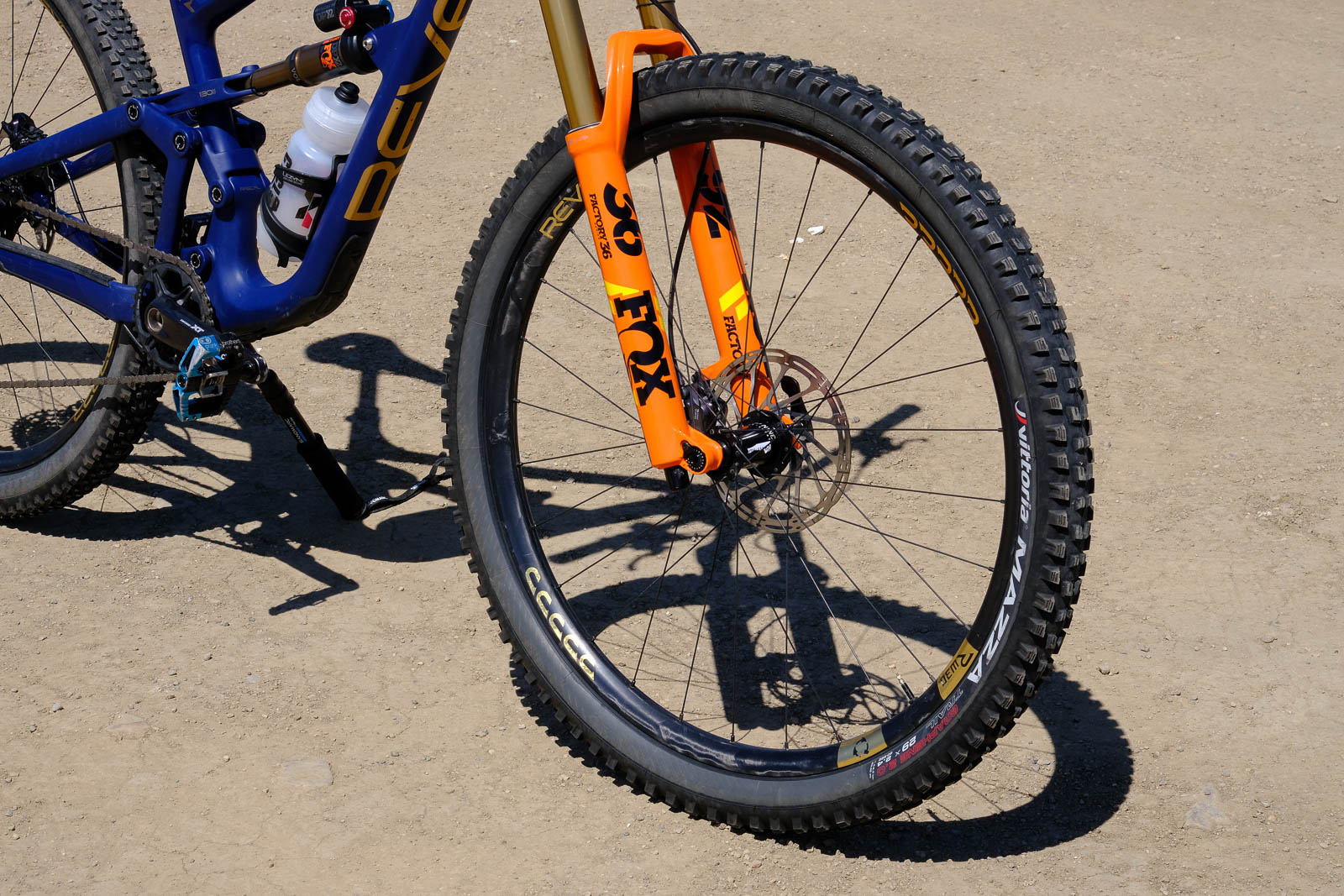 If you want to get into the nitty-gritty about the construction of Revel’s RW30 wheels, be sure to click over to Zach’s excellent article here to get the deep dive.
If you want to get into the nitty-gritty about the construction of Revel’s RW30 wheels, be sure to click over to Zach’s excellent article here to get the deep dive.
The basic summary is this: instead of using epoxy to bond the carbon, Revel uses Fusion Fiber Technology. Revel says this polymer is sort of like nylon. It’s blended with unidirectional, long-fiber German and Japanese carbon. According to the Revel website, this polymer is “completely stable, has an unlimited shelf life, and doesn’t need to be stored in a refrigerated room like standard epoxy prepreg carbon.”
The carbon is laid up robotically. Revel says this eliminates human error. The rim is flash-welded and cures in just 20 seconds, as opposed to around 45 minutes with a more traditional construction. There’s no epoxy to scrape when the wheel comes out of the mold. All of this means each rim comes out of the mold more consistently constructed.
What does that all mean for the ride? Fusion Fiber wheels are apparently far less brittle and prone to breakage than a standard carbon layup using epoxy. Nylon can absorb impacts better and lead to a more damped, comfortable ride.
The rest of the spec
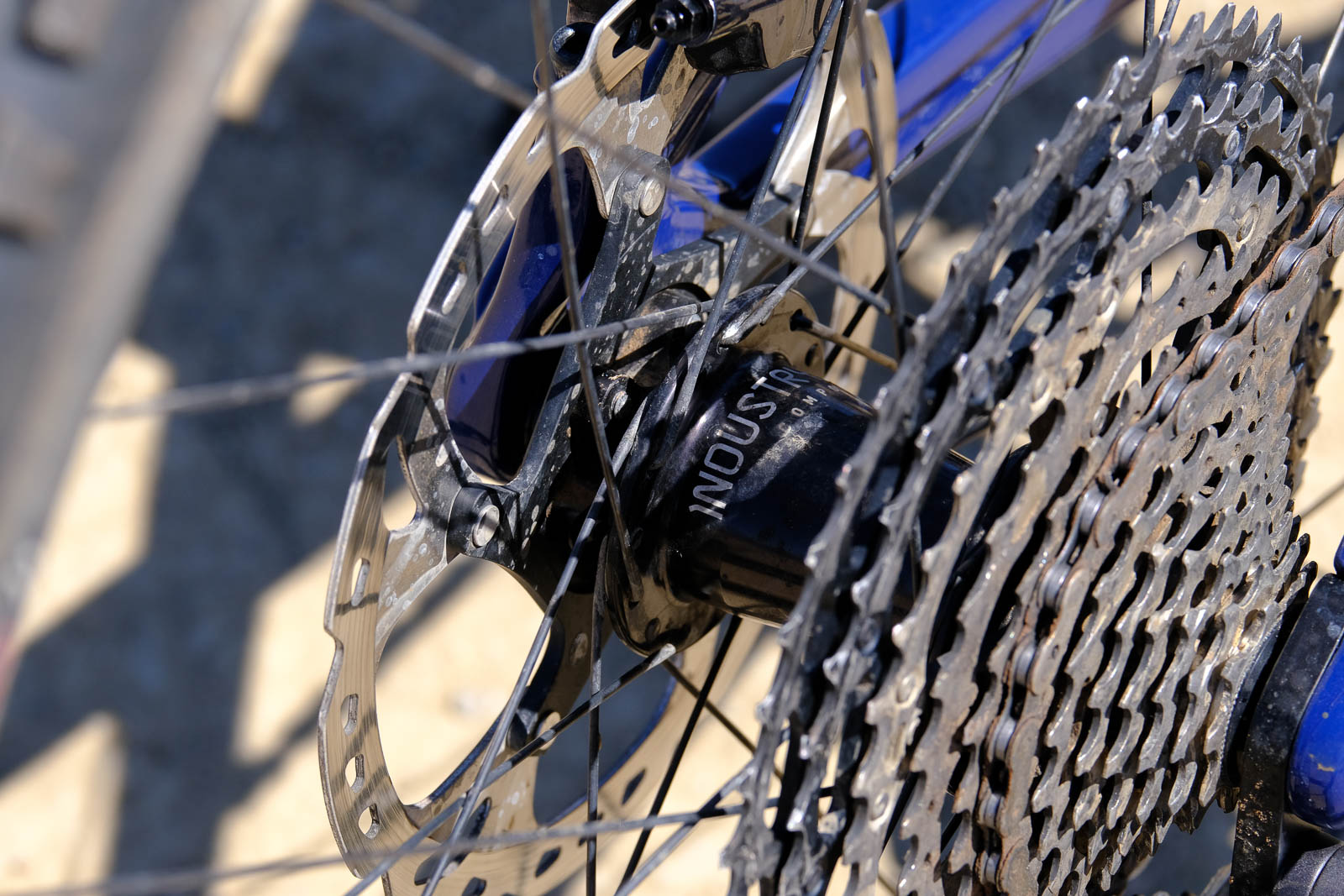
Revel also says the RW30 wheels are completely recyclable. “If we get a rim back that needs to be recycled, we remove the vinyl decals and drop the rim into a chipper to chop the rim up into small blocks about 1” square. Those chips are melted down into a block of material that can be turned into another part.”
Revel offers two hub options for the RW30 wheels. My test set is built up with Industry Nine’s Hydra hubs, which offer incredibly quick engagement — and a super-loud swarm-of-bees buzz. I run a Shimano XT drivetrain, so my hubs have a MicroSpline driver. You can save a few bucks and opt for the Industry Nine 1/1 hubs instead, if the price tag is your primary concern. For my money, the upgrade seems well worth it for the Hydra’s excellent engagement.
Revel claims the wheels with the Hydra hubs (including the various accoutrements for tubeless setups) weighs 1,840 grams. Compare that to Enve’s M6 wheels with the same hubs at 1,516 grams (advertised, though Enve does not mention whether that includes the rim tape and valve, as Revel does).
The RW30 rims measure 29mm (inner rim width) compared to 30mm on the M6 wheels. And, very wisely, Revel uses external spoke nipples, which makes truing quick and easy. No need to remove the tire, liner, or rim tape.
So Revel certainly gets the differentiation story right in a very crowded market. The RW30 wheels offer enough technology and environmentally-friendly promises to color me intrigued. Promises aside, how do they ride?
RW30 wheels on the trail
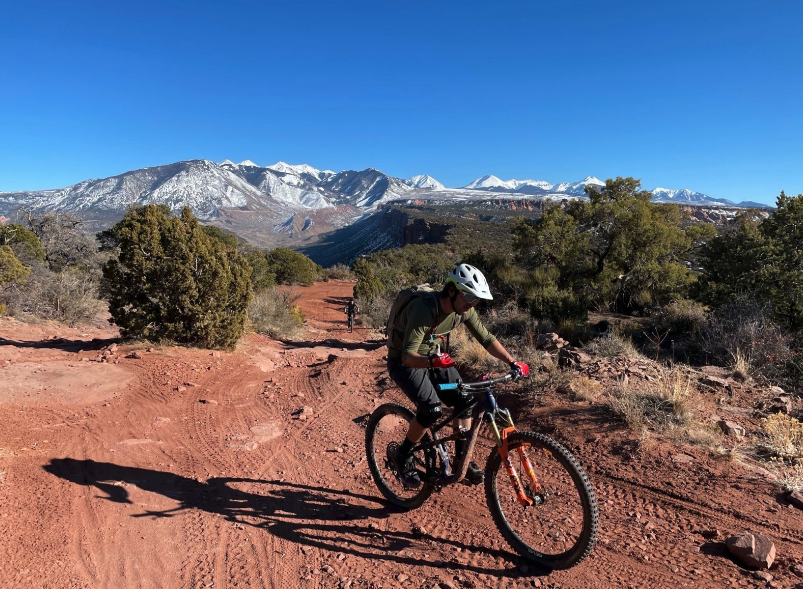
Most of my riding on the RW30 wheels has been on the rocky, dusty trails here on the front range of Colorado. Not too long ago I also rode the RW30 wheels on my Revel Rascal in Moab, Utah. In other words, I’ve had ample opportunity to thrash them and see if they stand up to abuse, but also to see if there’s anything to this claim of a more damped ride feel.
Before I give you my take, I want to make a disclaimer. A lot of components factor into a ‘damped’ ride feel. Tires, tire pressure, tire inserts, and of course your bike’s suspension all contribute to the damping you feel while you’re riding. That, of course, means it’s very difficult to gauge whether your wheels are contributing to such damping qualities.
To see if there was anything to Revel’s claims about the RW30 wheels and the associated ride feel, I tested them side by side with a set of ENVE M6 wheels with Hydra hubs. ENVE makes it clear that compliance is not the highest priority with the M6 wheels, so it seemed a natural choice to create a baseline by which I could test the Revels.
For reference, the M6 wheels feature a 26.5mm rim depth, whereas the RW30 wheels measure 23mm.
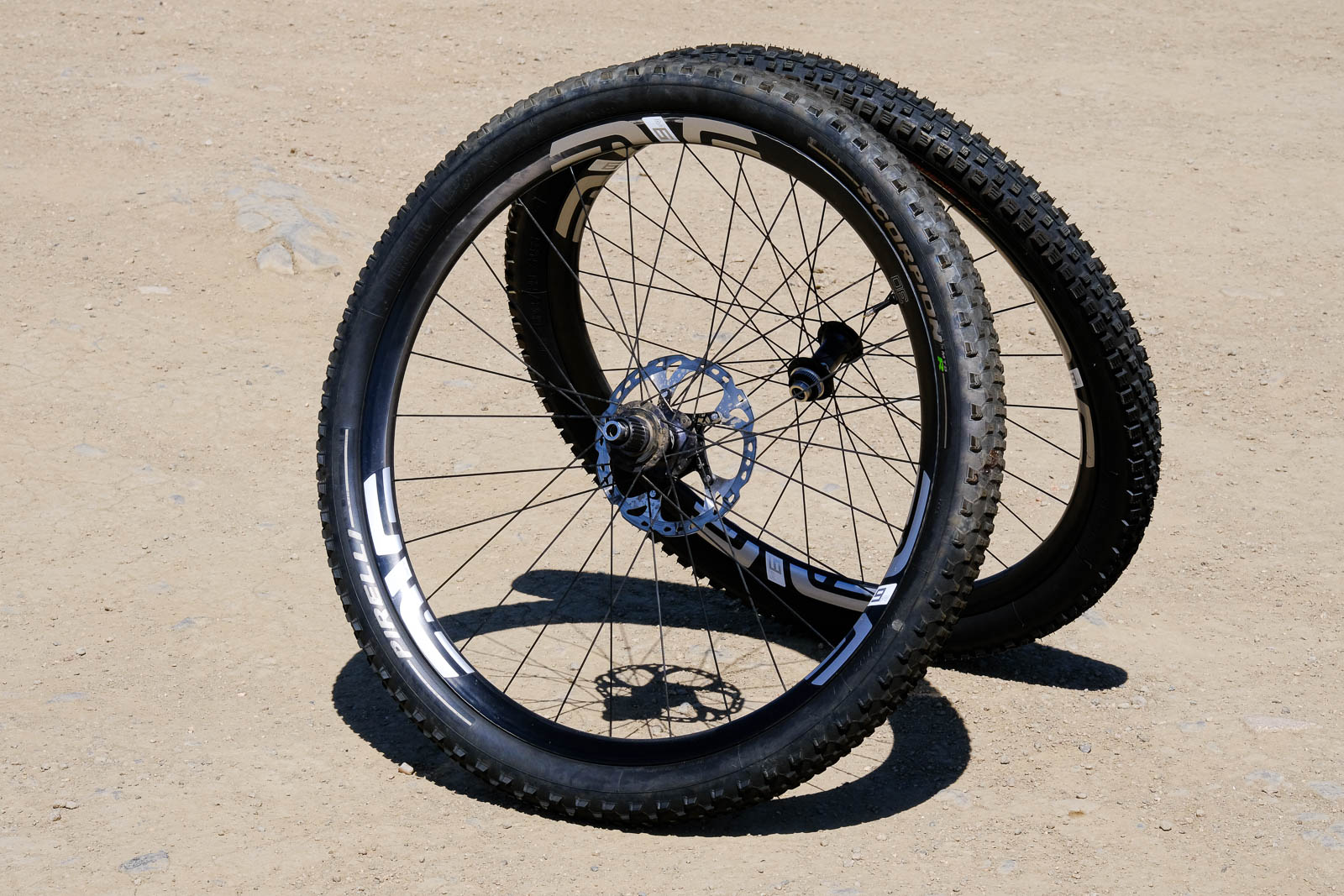
Yeah, but how do they feel?
Keep in mind that tire pressure, tire construction, suspension setup, suspension design, and a host of other factors can all influence “compliance.” It’s difficult to isolate compliance to a single component. I did the best I could by riding both wheelsets on the same bike, at the same tire pressure, etc.
All that said, I ride a lot of wheels and can generally tell if there’s something drastically different between pairs. There indeed was a difference between the RW30 wheels and the M6 wheels. To be completely clear, both sets are excellent, but the ride characteristics vary significantly.
From what I can tell, the RW30 wheels do feel more compliant, assuming all the other aspects of compliance I mentioned earlier were the same or similar between the two wheelsets. It’s not a huge difference, but it is noticeable, especially on big, square-edged hits.
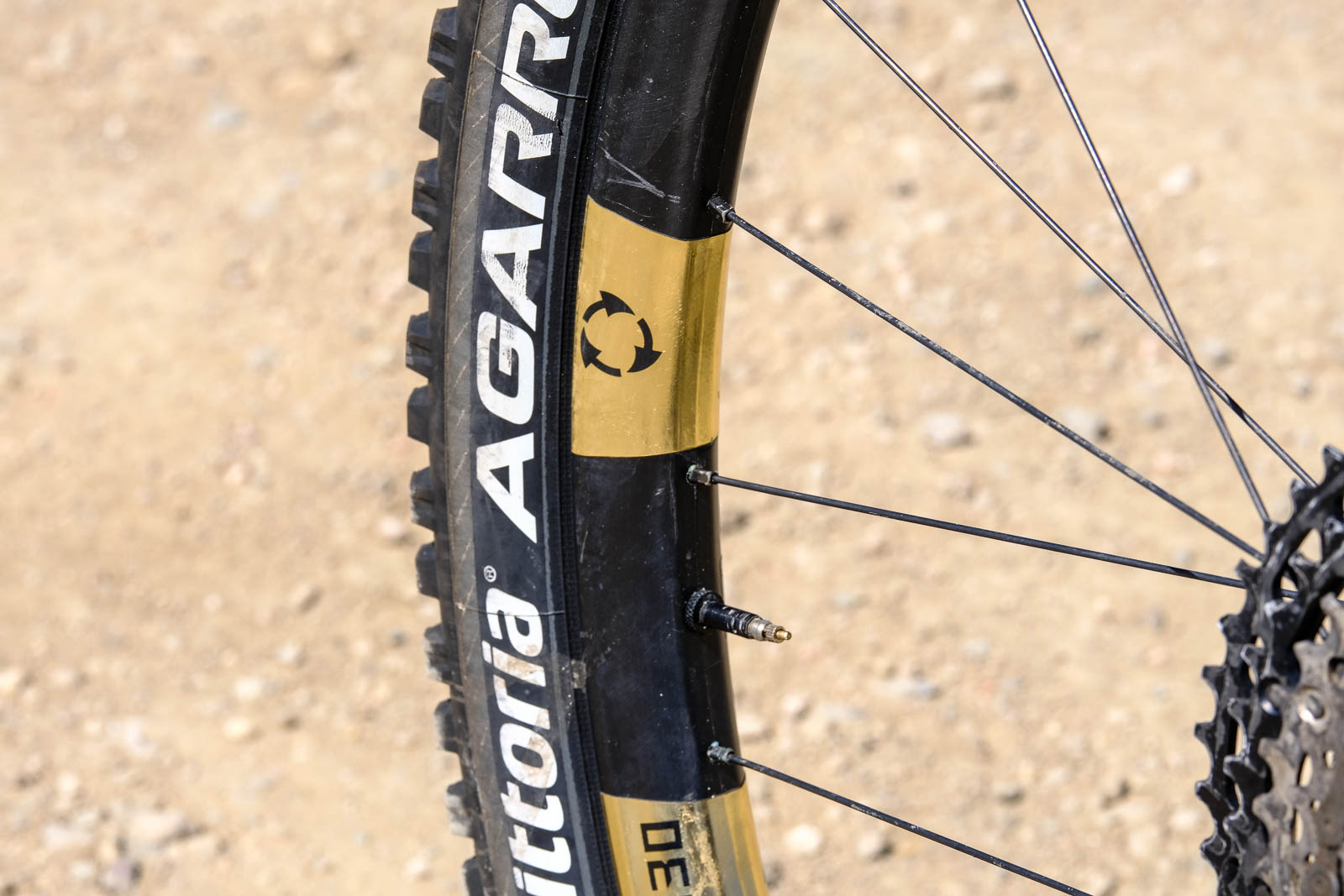
Aside from that, the RW30 wheels actually felt pretty similar to the ENVEs. Leaning the bike over hard in corners felt identical between the two wheels, which means that while the RW30 wheels may have some more flex to them, they seem to stack up to the ENVEs very well laterally. Both wheelsets feel planted and stable diving hard into the corners, and both seem to pop out of the corners with vigor.
Everything else about the RW30 wheels fits nicely into the high-quality bucket. The I9 Hydra hubs engage super-fast, which came in handy on the agonizingly sharp transitions from descents to brutally steep climbs on Slickrock trail in Moab. The Hydra freehub is super loud, even when you follow I9’s instructions to use a different lube, so be warned. They’re otherwise excellent.
And both wheelsets maintained their true and round, despite thorough thrashings and inartful riding from yours truly.
Re-envisioning the meaning of quality
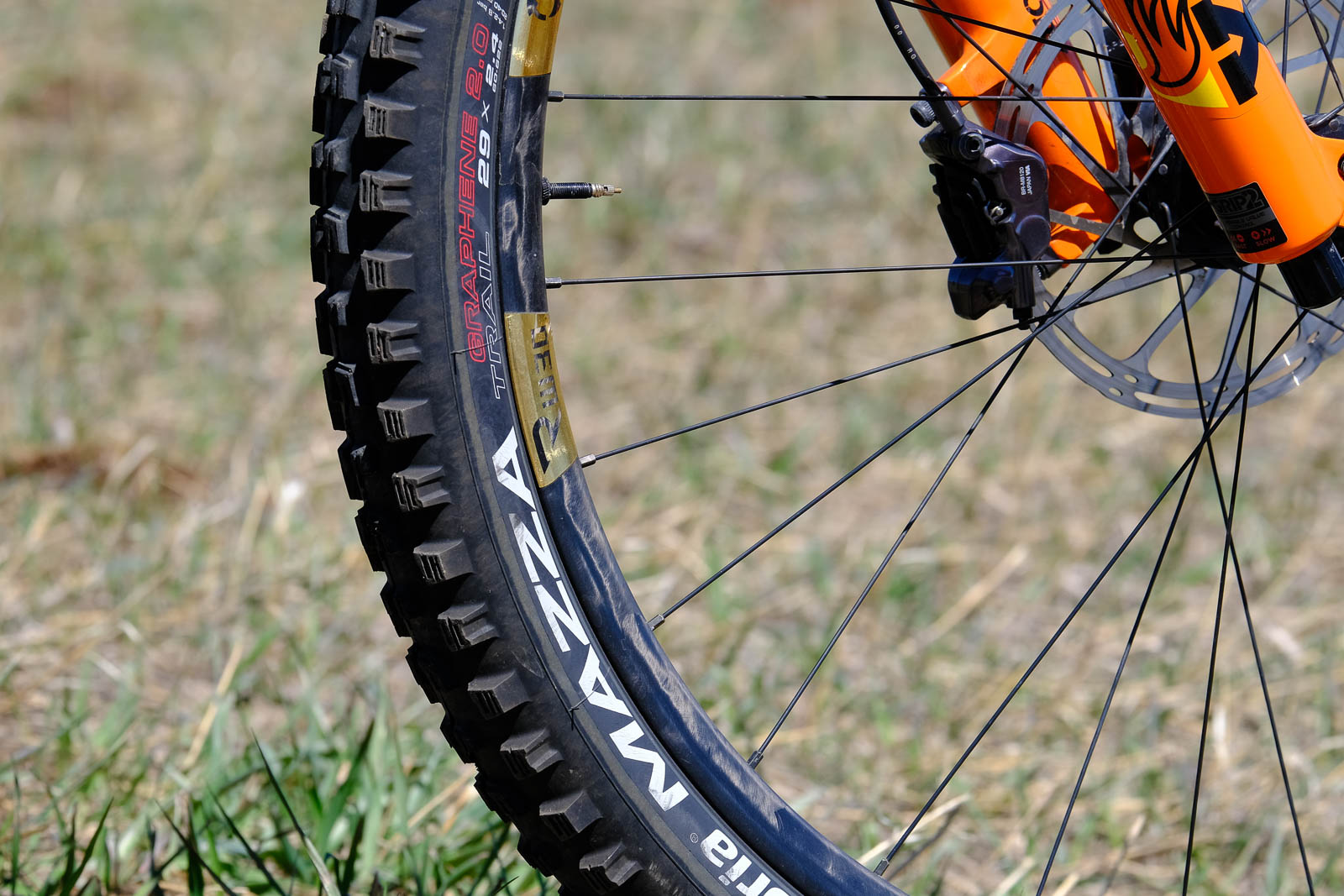
One thing that bugged me about the RW30 wheels: the decals. They peel off pretty easily, which can make the wheels look like a poser among wheels with more refined graphics. It also bothered me given the price of the RW30 wheels; they cost about the same as other high-end options with more streamlined graphics.
But the more I thought about it, the less this bothered me.
That’s because the decals need to be removed before the rims can be recycled. Decals that can be removed easily translate to decals that can be removed quickly and without harsh chemicals. So in the name of environmental friendliness, I can deal with it. Besides, I’m no big fan of decals in general; plain black is just fine by me. Still, I think there’s room for improvement here.
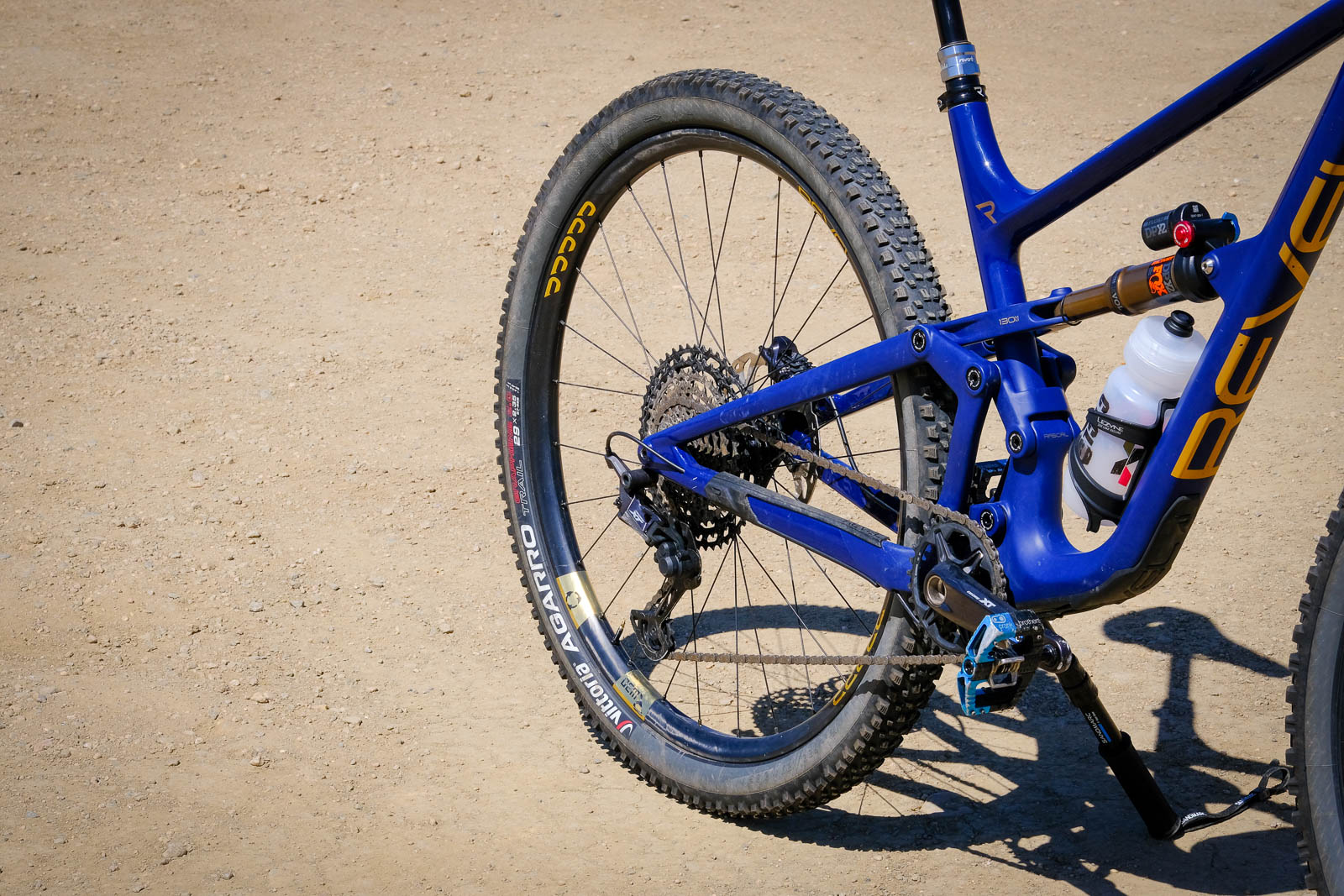
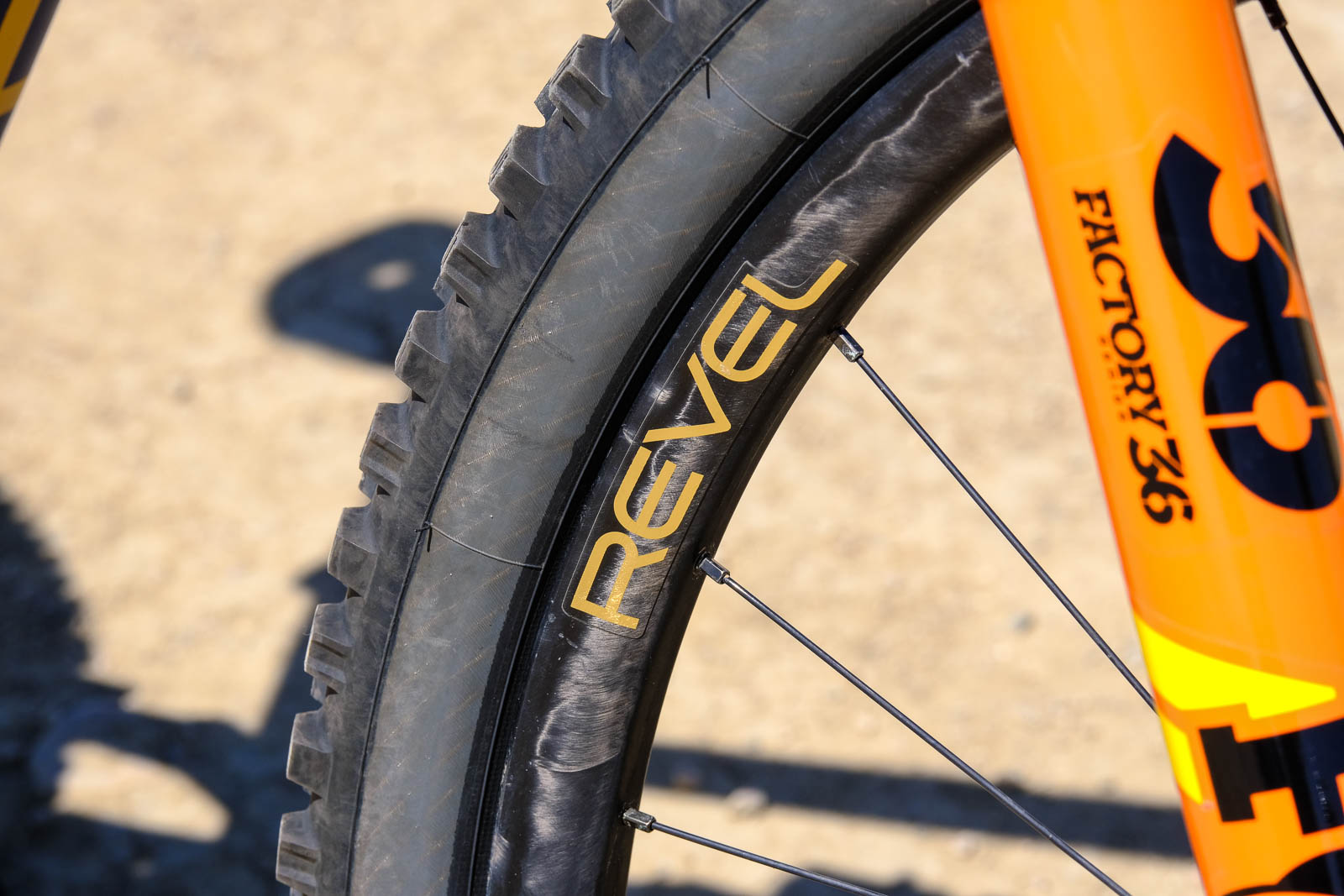

That made me rethink my notions of what quality means. What exactly are we paying for when it comes to high-end components? Is it simply the quality, at all costs? Is it the aesthetics? A combination of the two? Or something else?
To me, that something else is the life cycle of the product. While I’m a bit disillusioned with the notion of recycling, especially when it comes to plastics, it’s admirable that Revel has factored this into the overall package here. Eventually, the RW30 wheels will end up as trash at some point, just like every other wheelset out there. It’s nice to know that day can be delayed a bit with these wheels. We’ve got a long way to go as an industry when it comes to true environmental friendliness, but it’s good to see Revel taking it seriously.
The bottom line on the RW30 wheels
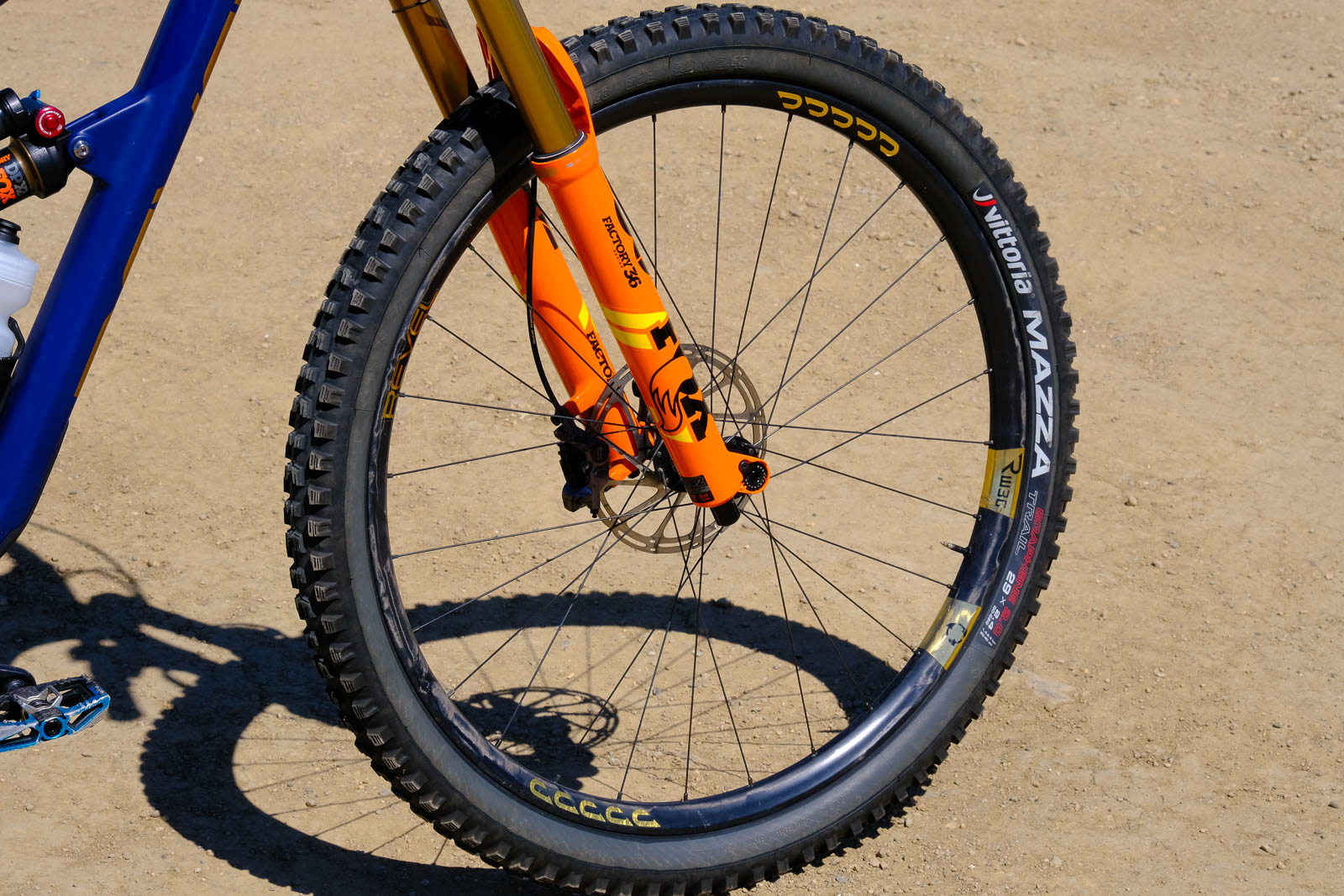 I like ‘em. I know that sounds like damning with faint praise, but frankly, the RW30 wheels feel great on the trail, enough to put them in competition with ENVE and other big names in the carbon world. The recycling selling point is a big bonus, and the price, while high, is competitive with other wheels with similar builds and features.
I like ‘em. I know that sounds like damning with faint praise, but frankly, the RW30 wheels feel great on the trail, enough to put them in competition with ENVE and other big names in the carbon world. The recycling selling point is a big bonus, and the price, while high, is competitive with other wheels with similar builds and features.
